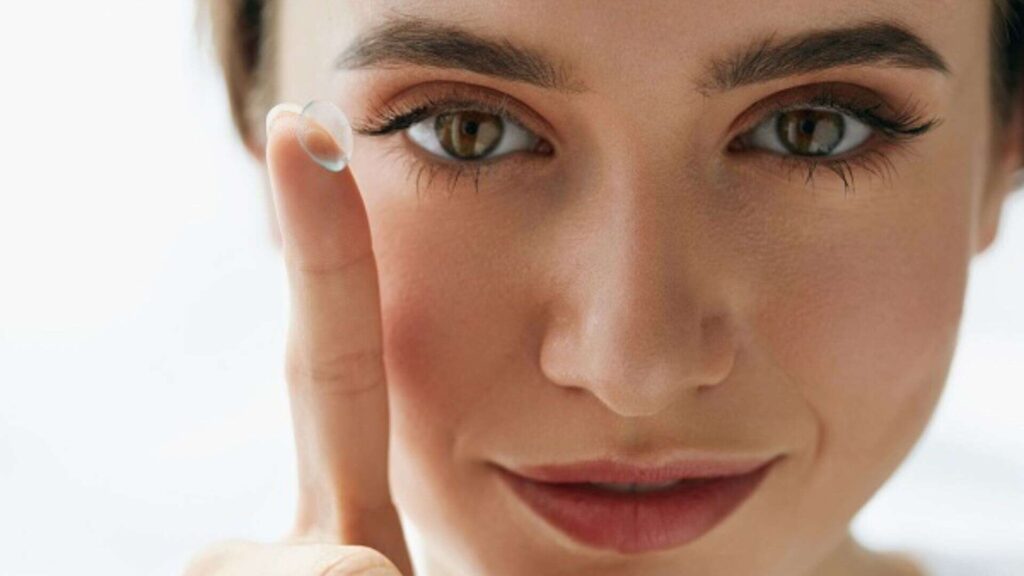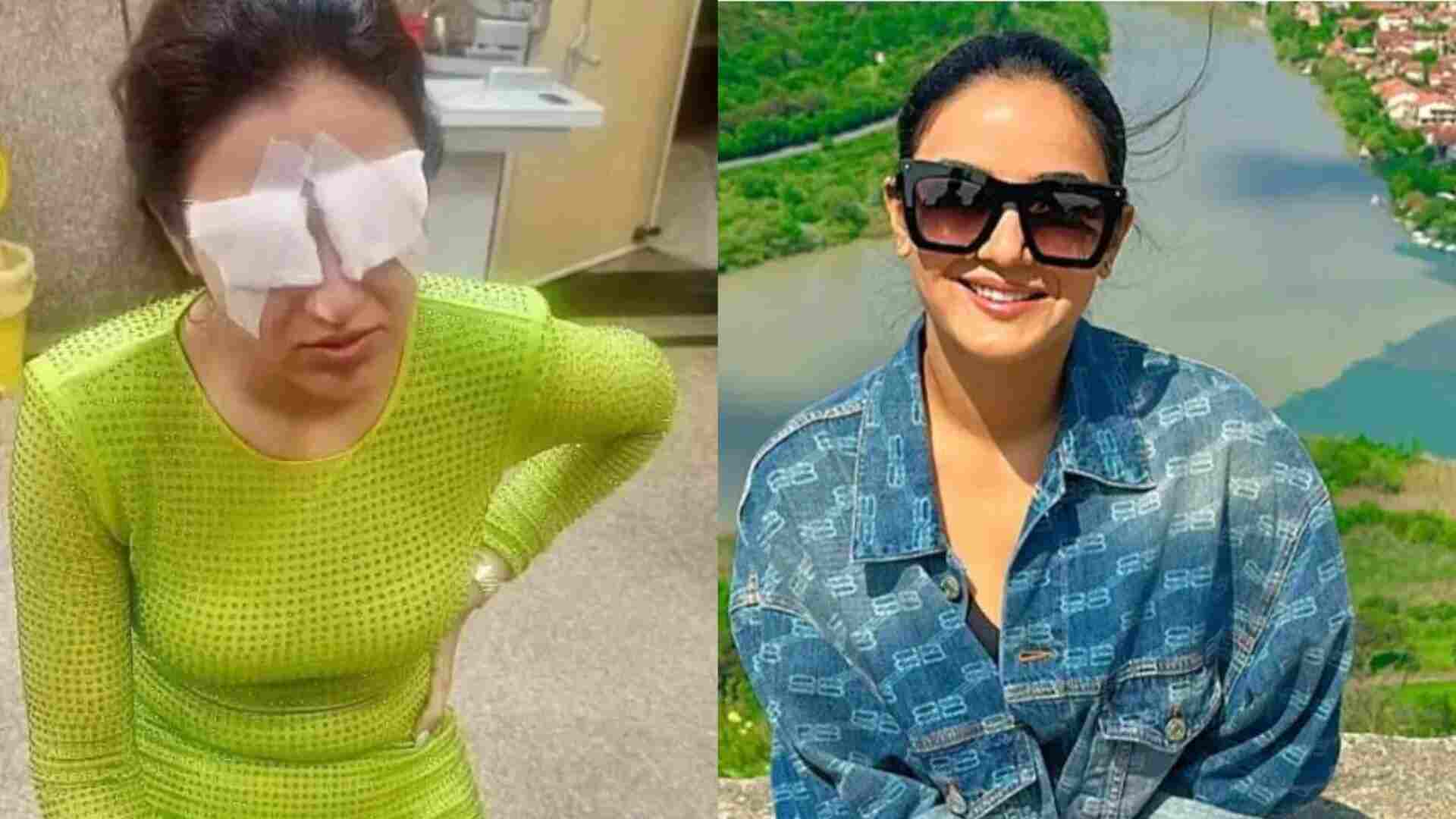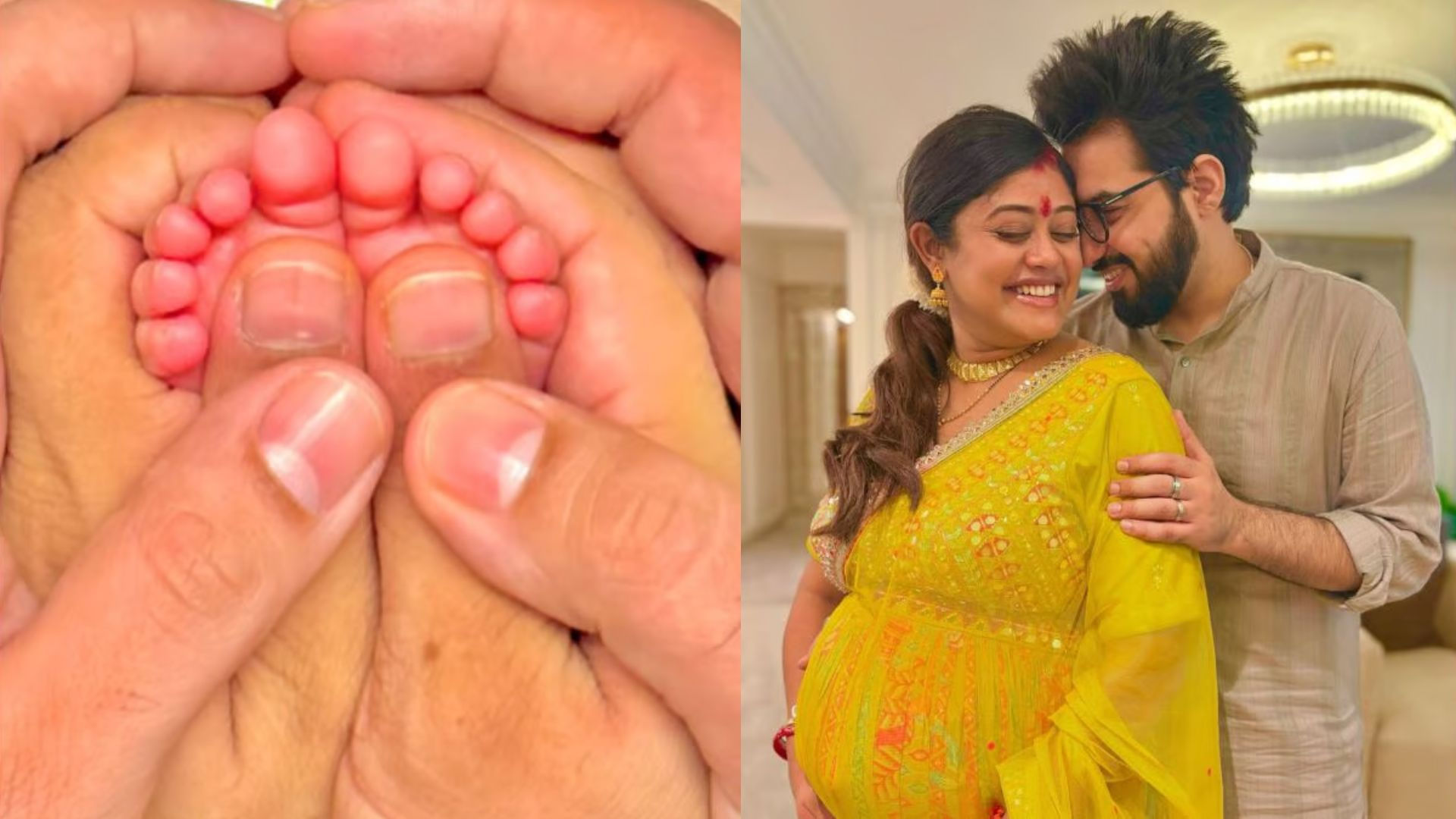On July 17, Jasmine Bhasin experienced severe discomfort from her contact lenses while preparing for an event in Delhi. Despite the pain, she attended the event, wearing sunglasses and relying on her team due to her impaired vision. That night, she saw an eye specialist who found damage to her corneas and bandaged her eyes. The following day, she returned to Mumbai to continue her treatment. Jasmine is currently dealing with significant pain and vision problems, making even basic tasks like sleeping challenging.
Jasmin Bhasin’s Corneal Damage: A Wake-Up Call for Contact Lens Users
Jasmin Bhasin’s recent corneal damage should prompt all contact lens users to reconsider their lens habits. Experts highlight the risks associated with improper lens use and offer tips to prevent corneal injury.
Key Points
– Corneal damage can arise from various causes.
– Misusing contact lenses can harm the cornea and lead to infections.
– Risks include poor hygiene, lens overwear, and neglecting replacement schedules.
The Risks of Contact Lenses
Contact lenses offer the advantage of clear vision without glasses, boosting confidence and appearance. Yet, improper use can jeopardize eye health. Recently, TV actor Jasmin Bhasin experienced significant corneal damage from her lenses. Corneal damage is serious and requires attention. Experts advise on minimizing risks associated with lens wear.
Understanding Corneal Health
Eperts explains, “The cornea, a dome-shaped tissue forming the eye’s outer layer, is crucial for focusing vision. Damage to this layer can lead to severe vision issues, including potential loss of sight.”
Corneal injuries can result from physical trauma, infections, improper lens use, UV exposure, and underlying health conditions. “Corneal damage severity depends on the type and extent of injury,” Expert notes, emphasizing the importance of prompt treatment.

The Risks of Contact Lenses
How Contact Lenses Can Cause Damage
Experts warns that improper contact lens use can lead to serious eye health issues. Risks include:
– Infections from poor hygiene
– Hypoxia due to reduced oxygen reaching the cornea
– Physical abrasions from mishandling lenses
Incorrect lens fit, handling, or wearing dirty lenses increases the risk of abrasions and infections, which can inflame the cornea and lead to vision problems if untreated.
Symptoms and Treatment
Signs of corneal damage include:
- Eye pain or discomfort
- Blurred vision
- Redness
- Light sensitivity
- Excessive tearing
Expert outlines treatments based on damage severity:
- Medication: Antibiotics or antifungals for infections
- Soothing Drops: For dryness and irritation
- Eye Transplantation: In severe cases, a corneal transplant may be necessary
Minor injuries may heal with proper eye drops and a break from lens wear, while severe cases might need specialized lenses.
Safe Lens Practices
Expert emphasizes that contact lenses are safe when used correctly. To ensure safety:
– Wash hands before handling lenses
– Replace lenses and cases as advised
– Store lenses in fresh solution
– Remove lenses before sleeping
– Avoid sharing lenses or using expired products
Lenses vs. Laser Surgery
Experts highlight that both contact lenses and laser surgery have their pros and cons. Lenses are non-invasive and reversible but require regular care. Laser surgery offers a permanent solution but comes with potential risks. Personal choice, comfort, and medical conditions should guide the decision. Consulting an eye care professional can help determine the best option based on individual needs.














